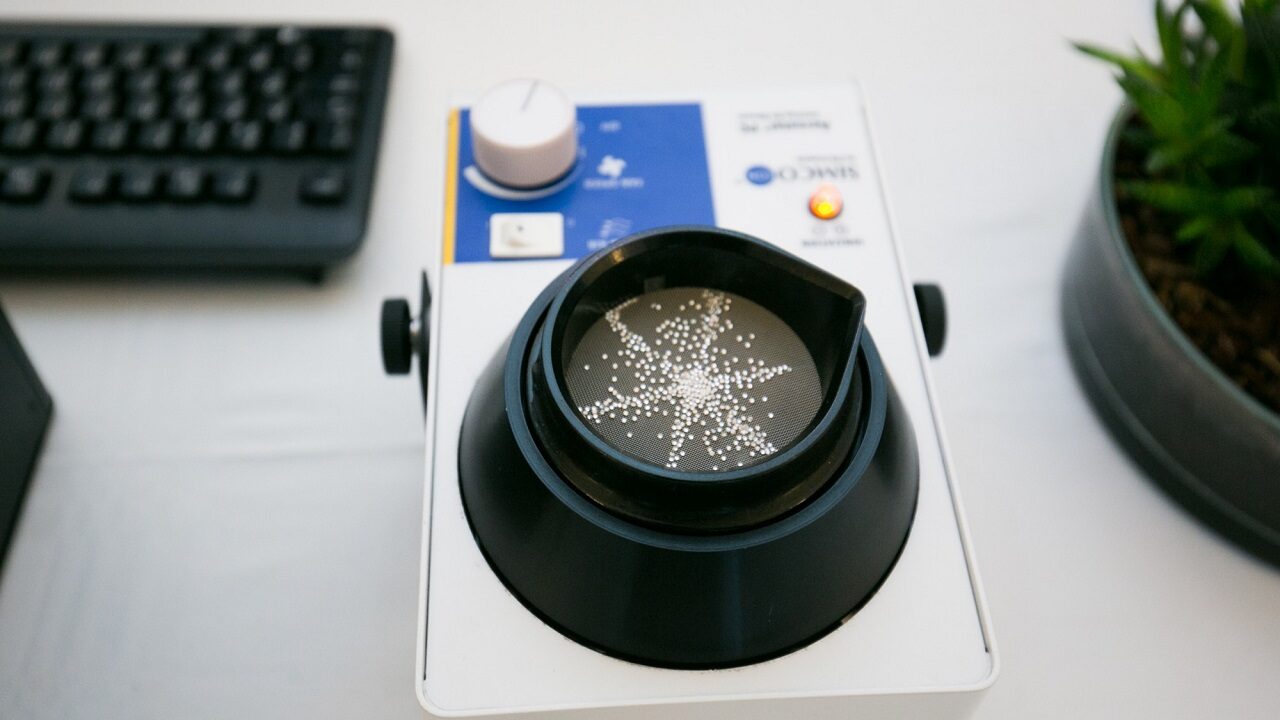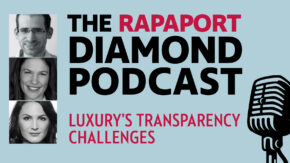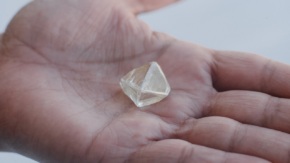HRD Antwerp has sued its former Turkish partner company following allegations the Belgian laboratory had routinely “upgraded” diamonds.
The organization is in a dispute with Enstitü Istanbul Bilim Akademisi Yönetim Danışmanlığı, with which it ended a longstanding collaboration in 2021.
The messy divorce intensified last week when the Belgian press reported allegations that HRD, in 2020, had introduced a strategy of giving diamonds higher grades than other laboratories. On Wednesday, HRD said it had taken legal action against its former partners in Turkey for “damaging its business reputation.”
Belgian lawsuit
The disagreement revolves around a civil lawsuit that Enstitü Istanbul Bilim Akademisi Yönetim Danışmanlığı filed in late 2021 against HRD at an Antwerp court, according to a March 9 report by Belgian newspaper De Tijd. Investigators have also been looking into whether there was anything suspicious about the HRD’s grading methods, the report added.
Nearly six years ago, according to De Tijd, the International Diamond Council (IDC) — which the World Federation of Diamond Bourses (WFDB) set up in the 1970s to unify diamond grading around the world — excluded HRD from its membership. In a letter to HRD’s then CEO Michel Janssens, IDC president Harry Levy wrote that it was “no longer the case” that HRD graded according to IDC rules, the newspaper reported.
By then, HRD was in a bad financial state, according to leaked internal slides that the newspaper cited. This was still the case in 2020, when another leaked document read: “With current results, HRD is out of business,” the Dutch-language report said.
In a new strategy, HRD determined that stones that already had Gemological Institute of America (GIA) reports were allowed to receive one or two color “upgrades” or one clarity “upgrade,” the report alleged. The lab was not to downgrade the diamonds unless there had been a genuine mistake, the report continued. Stones from IGI were not allowed to receive an upgrade, it said. The paper cited an internal online meeting in which Mike Davey, then director of HRD Antwerp Istanbul, shot down the policy as a “way to commit market fraud.”
In the same meeting, HRD Istanbul owner Mehmet Can Özdemir said, according to the report: “Valuing diamonds involves a certain amount of subjectivity. If things are really tight, graders can go higher or lower. But that is never about one full degree. In our scenario, we immediately jump up two.”
HRD performed an audit of its standards following the allegations and found no irregularities, its CEO, Ellen Joncheere, told Rapaport News Wednesday.
“We are in fact a bit more lenient [than the GIA] on color but stricter on cut and fluorescence, but this is known by the market,” Joncheere said.
Trademark disagreement
On Wednesday, HRD also responded with allegations that Özdemir had “made shady deals” and had used HRD’s power and reputation unfairly.
“One of the main reasons for the termination [of the partnership] was that the partners holding the management of the company did not transfer the trademark ‘HRD,’ which was unfairly registered in the name of HRD Istanbul, to the clients [HRD Antwerp], despite their previous commitments,” said Tuncay Çaltekin, HRD Antwerp’s attorney, in a statement Wednesday.
The partners also placed liens on the HRD trademark through other companies owned by their family members and transferred HRD’s assets into those companies, Çaltekin alleged. “In other words, they committed irregularities contrary to the agreement,” he claimed.
Meanwhile, Joncheere gave an interview to Belgian newspaper Het Laatste Nieuws (HLN), published Wednesday, in which she alleged there had been “tax and financial fraud” at the Turkish counterpart.
Özdemir dismissed the CEO’s claims as “pathetic, dishonest and desperate.”
Image: Diamonds at HRD Antwerp. (HRD Antwerp)



